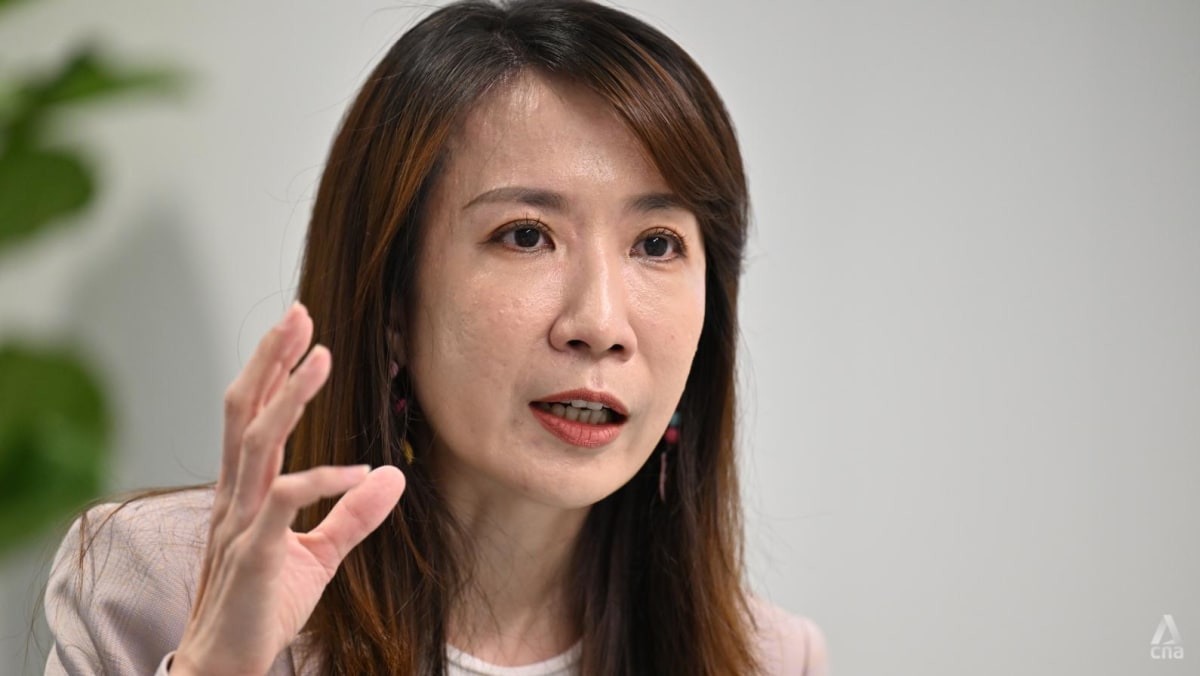
For example, an avatar leaves a virtual post that resembles a chat bubble or Post-It at a physical location. It will be pinned there for 180 days, and other Bondee users who visit the physical location during that period can see what other avatars are doing or have left behind on the AR interface.
Bondee is now focusing on user growth and user experience, with monetisation less of a priority, said Ms Yu. But it hopes to leverage the AR features for brand and advertising partnerships in time to come, such as by driving foot traffic to a physical retail store through a virtual store on the app.
All this takes place against a mixed prognosis for the metaverse, whose death has been declared at various times by various media outlets this year.
Disney and Microsoft reportedly shut their metaverse units earlier this year, while Meta’s metaverse-oriented Reality Labs has bled millions in operating losses. At the same time, Apple is gearing up for the launch of its first mixed-reality headset, priced at a cool US$3,499.
Ms Yu said Bondee believes AR technology can bridge the gap that remains to a metaverse fully realised in virtual reality. AR overcomes some of the challenges of virtual reality, like complicated and expensive equipment, and the mental health effects of being online, she added.
“AR is the combination of the real world and the virtual world, and it actually makes the real world richer,” said Ms Yu. “Our mission is to inspire real-world discovery and bring enjoyment through exploration.”
As of Thursday, Bondee was ranked 186 on the social networking chart of Apple’s App Store, and had been downloaded more than 5 million times on Google Play.

